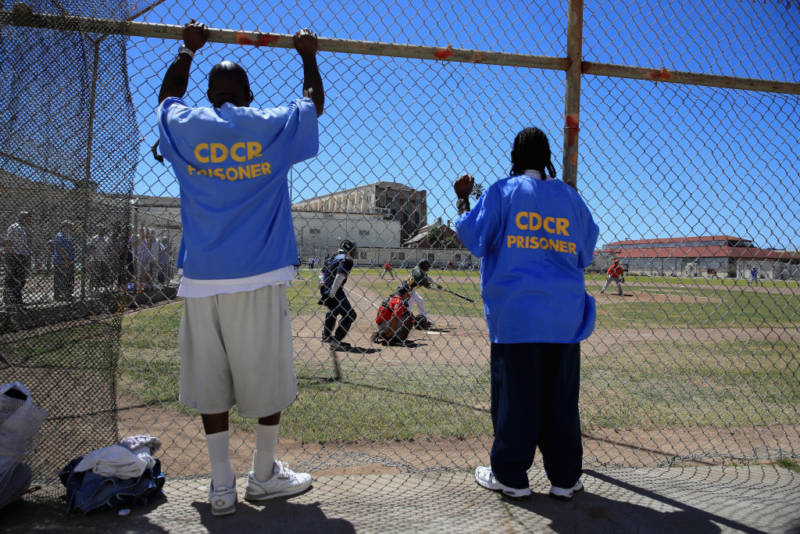Gov. Gavin Newsom on Friday announced that he had commuted the sentences of 21 California prison inmates, most convicted of murder or attempted murder and seven of whom had been serving life terms with no chance of parole.
Newsom cited the youth of a majority of the offenders he selected when they committed their crimes, including one inmate from Santa Clara County who was convicted at the age of 15 for his involvement in a robbery and murder.
He also criticized what he called the “disproportionately long sentencing enhancements” for some felons, including 25-years-to-life for using a firearm.
Newsom’s office pointed to studies showing that the part of the brain responsible for impulse control does not mature until well into adulthood, along with offenders’ capacity for remorse and rehabilitation. He noted that the state and federal Supreme Court and California lawmakers have all found that youthful offenders must have a meaningful opportunity for parole.
The commutations do not immediately free the inmates, but do make them eligible for parole hearings.
